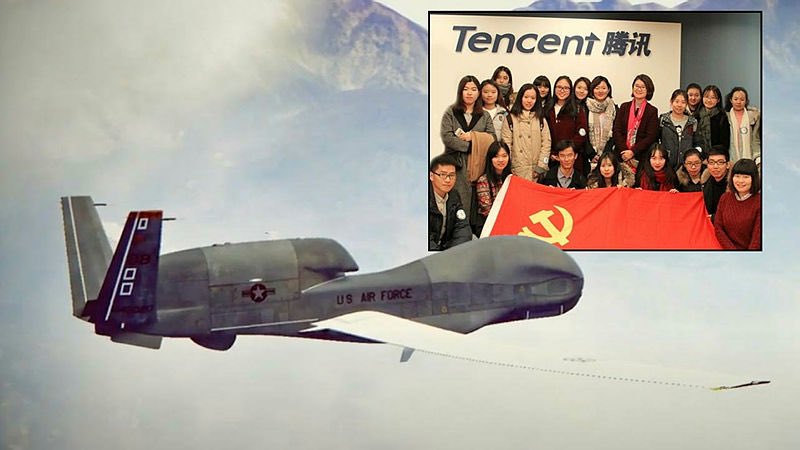Marcel Hatam, currently International Brand Manager at Ubisoft and formerly Brand Manager at Crytek, has shared his thoughts on Bild’s coverage of the potential acquisition talks between Crytek and Tencent.
According to Bild, Tencent has plans to acquire Germany-based Crytek for over €300 million. The tabloid claims that Tencent is interested in the company’s CryEngine that is used to develop military simulation software for the armies of several NATO countries. More on that here.
Hatam actually confirms that CryEngine has been licensed to defence and security tech companies like Thyssen-Krupp Marine Systems, even if most recently, it has been done through Crytek’s susidiary Mass Virtual (previously RealTime Immersive).
However, the executive questions the whole narrative about “China trying to infiltrate Western armies.”
“CryEngine has in the past been available for free, not to mention that Tencent licensed the engine years ago for Monster Hunter Online,” Hatam explains. “So, fair to say that China would probably not need to spend 300M to get their hands on the engine.”
In his tweet, Hatam calls Bild “right-wing sensationalist tabloid,” further challenging the credibility of the outlet. In this, Hatam is not alone. Daniel Ahmad dubbed Bild “the German equivalent of The Sun,” which attempts “to sensationalise a rumor by claiming the Chinese army will use Crytek to spy on the West or something.”
While Bild might be demonizing Tencent, there is at least some accuracy to their report. First of all, it’s true that Crytek has been in talks with several potential buyers, as confirmed by Ahmad. Second, one of these buyers could very well be Tencent. After all, the Chinese tech giant has already invested in over fifty video game companies in 2021 alone, closing one deal every 2.5 days on average. Crytek wouldn’t even be the first dev from Germany that Tencent has bought (assuming the acquisition rumor materializes into the actual deal). In June, Tencent acquired a majority stake in Spec Ops: The Line developer Yager.
Security concerns over Tencent’s M&A deals and the looming shadow of the Communist Party of China behind them are nothing new. But as China’s video games regulations are becoming increasingly tight, the company’s M&A strategy in the West could just be about business.

